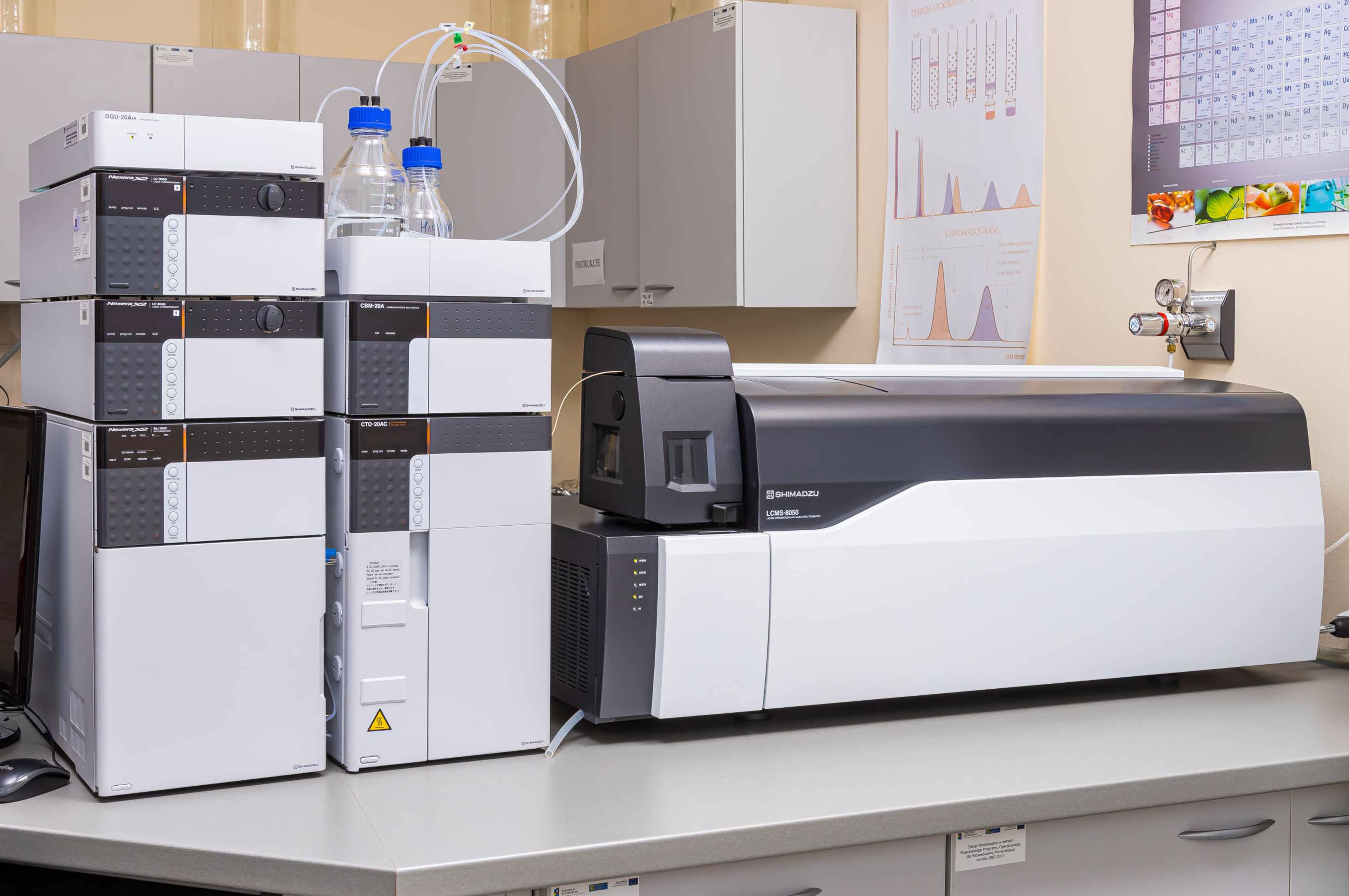Liquid Chromatography-Mass Spectrometry (LC-MS) is a powerful analytical technique that combines the separation capabilities of liquid chromatography with the identification and quantification strengths of mass spectrometry. In LC-MS, complex mixtures are separated into individual components using liquid chromatography, after which mass spectrometry analyzes the separated compounds based on their mass-to-charge ratios. This method is highly sensitive and versatile, making it ideal for a wide range of applications, including pharmaceuticals, environmental monitoring, and food safety. LC-MS enables the detection of trace levels of compounds up to ppb levels, providing valuable insights into complex matrices in various scientific fields.
FARE Labs provides advanced training on Liquid Chromatography-Mass Spectrometry (LC-MS). This powerful analytical technique combines the separation capabilities of liquid chromatography with the identification and quantification strengths of mass spectrometry. LC-MS is widely used in various applications, including pharmaceuticals, environmental analysis, and food safety. This workshop aims to equip participants with essential knowledge and practical skills in LC-MS techniques.
Objectives
- Provide a thorough understanding of LC-MS principles and instrumentation.
- Equip participants with practical skills for operating and maintaining LC-MS systems.
- Discuss method development and sample preparation techniques.
- Familiarize attendees with data analysis, interpretation, and troubleshooting.

